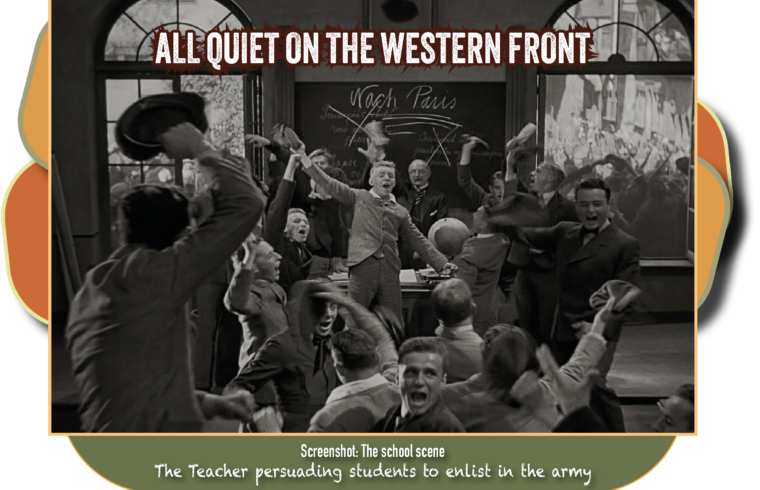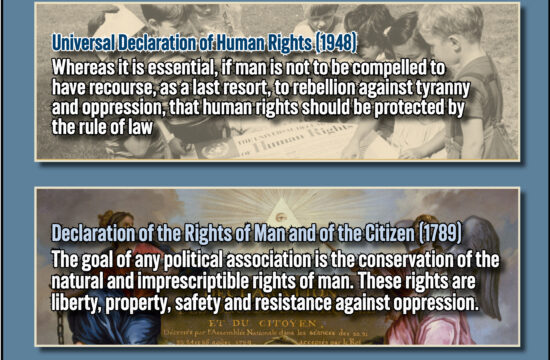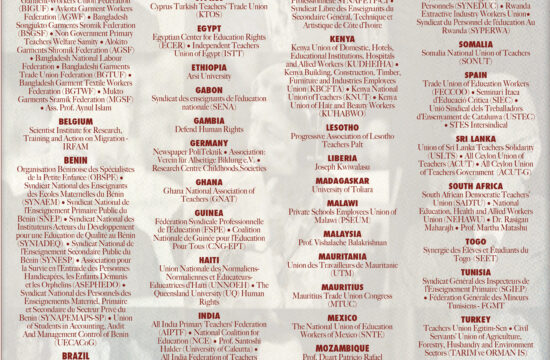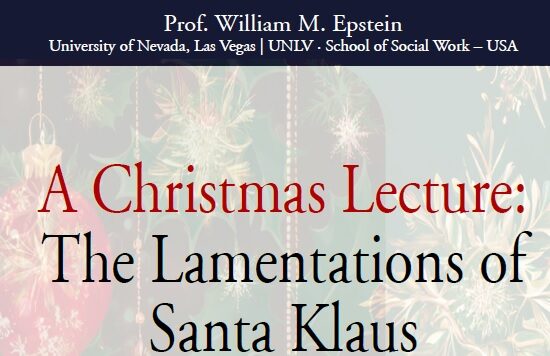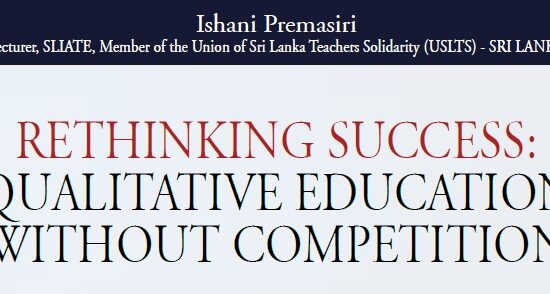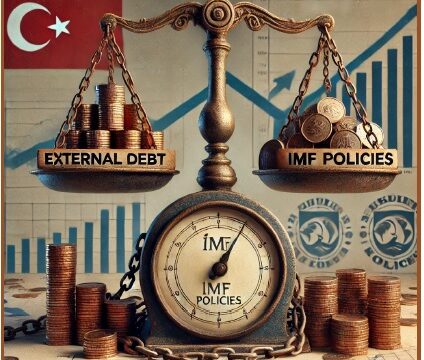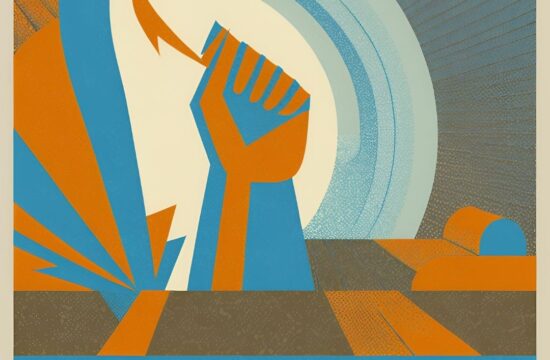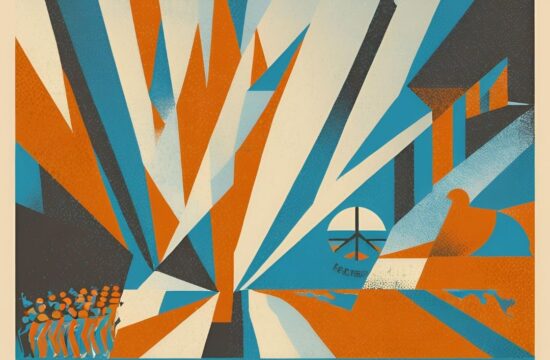Dr. Erkan AYDOĞANOĞLU
Turkish education Union EĞİTİM-SEN – TÜRKİYE
The human formation model is one of the most basic features that constitute the economic, social and cultural structure of societies. The human formation models of societies are a reflection of cultural, economic, political and historical factors. Every society desires and implements the formation of its individuals in line with its own values and goals. Education systems, economic conditions and social rules play an important role in this process. The proper functioning of the process of raising children (pedagogy1) is important for the formation of a healthy social structure.
The widespread use of schools and the process of making education compulsory took place after the industrial revolution. With the modern era, schools have become the main institutions of education. Following the transition to compulsory education, most of the out of school learning was tried to be included in the school. Since compulsory education, which should have been recognised as a right from its inception until today, is treated as an obligation in accordance with the needs and aims of the ruling classes, it is discussed not only as a matter of education but also as a matter of freedom. To put it in other words, education is not only limited to providing knowledge and skills, but has also become a factor affecting the freedoms of individuals. Education has emerged as the primary mechanism of the capitalist social construction process and has gained an institutional structure over time and has been recognised as a fundamental human right.
During the years when compulsory education became widespread after the Industrial Revolution, for example in Prussia in 1819, it is seen that education was established to fulfil five main objectives. These were; to train obedient soldiers for the army, to train obedient labourers to work in mines, to train civil servants who would be subject to the government to the maximum extent, to train civil servants to work in institutions, and to train citizens who think alike on important issues. Thus, the aim of compulsory education is not to increase the intellectual development of children, but to entrench a system of socialisation based on ‘submission’ and ‘obedience’ (Hern, 2008:74). To maintain the mechanisms of oppression and exploitation of the capitalist order, governments have used education as an effective tool to ensure social consent and the continuation of the existing order.
Under the capitalist system, ‘the socialisation process of the school produces citizens who will submit to the authority of the state and work as loyal workers in the new industrial society, and the process of socialization makes people accept their (existing) social position and makes them dependent on an irrationally organized consumer society“ (Spring, 1997:26).
The Latin origin of the word education reveals two different concepts: educare and educere. Despite their similar pronunciation and spelling, these concepts, which are quite different in terms of meaning, express two different understandings/approaches to education. According to the term educare, education means training, disciplining, shaping, molding, and feeding the educated person with knowledge in connection with a job or profession. This approach is intended to familiarize students with the system already in place, and written confirmation of the acquisition of a qualification is a necessary condition of the curriculum, in the form of a certificate, a diploma or a certificate of having studied the subject. According to the term educere, education refers to the process of bringing out the creative potential within the individual, rather than feeding him or her with external knowledge and making him or her learn. OPcompetent, to become autonomous, to transcend competent, to become autonomous, to transcend oneself, to develop the different possibilities, talents, skills, thoughts that students have because they are valuable as human beings, and to allow the individual to discover both the world and himself/herself (Bellington, 2011:379-382).
Based on the origins of the concept of education, it is possible to evaluate the process of commercialization/ monetization of education as the dominance and spread of the concept of ‚educare‘ over time. Marx (2013:49- 92), in the first volume of Capital, describes how the historical development of capitalism has fostered the opposition between use value and exchange value embedded in commodities through concrete examples. Starting from Marx’s analysis, the concept of ‚educere‘ refers to the use value of knowledge and the concept of ‚educare‘ refers to the exchange value of knowledge2
In determining educational policies, the capitalist state generally prioritizes its economic interests and the preservation of social order. For this reason, education systems are primarily structured to raise individuals who are suitable for the needs of the capitalist economy. Educational institutions thus become profit-oriented enterprises, while students inevitably become customers. During this process, the free thinking, intelligence and creativity of individuals are suppressed, and the aim is to provide them with knowledge and skills in line with the needs of the current economic-social system.
„In order to transform general human nature in such a way that it becomes a developed and specialized labor force, equipped with the abilities and skills required by a particular line of work, an education or training is needed, which will cost the equivalent of a commodity in one form or another“ (Marx, 2013:174). Education in the capitalist system is primarily aimed at qualifying the labor force and increasing economic productivity (the reproduction of surplus value).
Schools and other educational institutions seek to prepare the potential labor force by providing students with the skills and knowledge that capitalism needs. However, the quality of the workforce is often determined by class differences in society. Children of the working class are often directed to work in unskilled or semi-skilled jobs, while children of the upper classes are prepared for more skilled and high-income professions.
Paulo Freire, author of „Pedagogy of the Oppressed“, points out that education in schools, which is based on a system and method that conditions students to obedience and docility, is a policy of the state, the main reason why states adopt compulsory education is that they know better than anyone else that school has important functions for the continuation of the capitalist system. Since capitalism demands a specific character trait in workers, the education system trains people to obediently conform to the tedious, monotonous hours of the factory shift and the regulations within the factory. The education provided in schools trains students to be like workers, punctual, docile, passive, willing to accept their jobs and positions. The education system does not only train the labor force as individuals with the knowledge and skills required for production. It aims to raise labor power in accordance with the class position it will have in the production process and in social life, as individuals who have adopted the dominant values and are at peace with the system (1995:59-63).
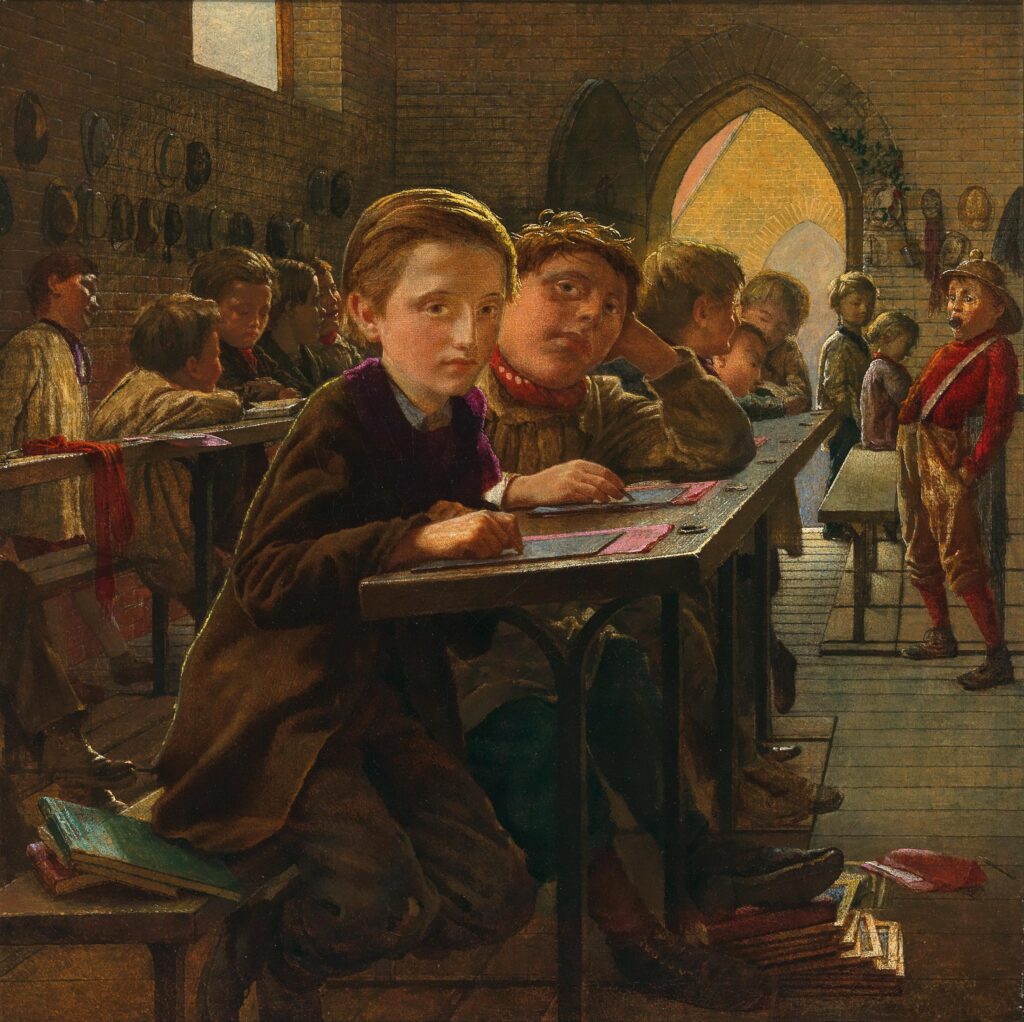
From a capitalist perspective, the main purpose of education is to provide the trained manpower required for the tasks within the social division of labor. In this process, individuals are selected and shaped according to the needs of the system rather than their own needs. The education system is designed to meet the demands of the capitalist society’s labor market, and individuals are provided with the knowledge and skills to meet these demands. Hence, the educational process becomes a tool that serves the sustainability of the economic system rather than the personal development of the individual. Through education, the longevity of class differentiation and individual competition is ensured. In this way, the idea that the existing capitalist social division of labor is legitimate, natural and even inevitable, and that it is very difficult to change it, is taught to students starting from the school desks.
EDUCATION SYSTEM AND
CURRICULUM
Education is one of the most prominent tools in the capitalist system for the preservation of social order and the maintenance of existing social structures. The ideology and values of the system are transmitted to individuals through education. The content of education, educational policies, curriculum and textbooks are shaped for this purpose. Especially curriculum and textbooks have a decisive influence in this process.
The curriculum or teaching programs are the fundamental educational plans of the state that determine the content, conditions, methods and techniques in which a teacher will teach a subject at school, and what will be emphasized and what will be emphasized. Through the curriculum, certain standards and goals are set in educational institutions. Curriculum, in summary, is a set of systems in which the courses, subjects, goals, values and behaviors to be taught are implemented in a planned manner in the education and training process. The curriculum is a text that stands out not only for the knowledge, values and skills it includes, but also for what it excludes, omits or ignores.
Textbooks are of great importance for the successful implementation of the curriculum. Textbooks are the tools that transfer the content of the curriculum to students and are at the center of the teaching process. „The curriculum turns education into a political tool by integrating an ideology with defined values. Any kind of knowledge presented outside the curriculum is worthless and ignored because it is not validated. Therefore, the curriculum plays a specific role in the formation and maintenance of social hierarchy. Knowledge and values given in the curriculum are ‚predetermined, neutral and unchangeable‘ rather than variable, fluid and open to dialectical challenges“ (İnal, 2008:5).
Pedagogy combines student interaction with teachers‘ practices, textbooks with curriculum, celebrations with rituals, and the discourses of educational administrators and advocates of educational policies. Therefore, the concept includes the classroom and the school, but in general its content goes beyond such concepts (Ewing, 2010:24). The capitalist state makes it easier for labor power to be produced as a commodity and thus capitalized by determining the content of education in line with economic and social needs, preparing the curriculum to be taught in schools, shaping education policies accordingly and partially financing education.
Along with capitalist development, the questions asked by science are not questions for the general interest of society, but questions aimed at increasing the profitability of the capitalist class. The competition of capital to get ahead in the race and increase surplus value has heightened the importance of the information needed by the market, and as an inevitable consequence of this situation, the educational process has also begun to transform into a field where the information needed by the market is produced (where exchange value is at the forefront). In this process where knowledge is increasingly under the control of the market, the knowledge produced in educational institutions has also been commoditized.
The capitalist economic system also shapes education in accordance with its own needs. Education in this system is used as a tool to train individuals in accordance with the demands of the labor market. Educational institutions train individuals equipped with technical knowledge and skills to ensure the continuation of capital accumulation. This results in the commodification of education and the determination of its content in line with market rules. For example, in Türkiye, the rapid increase in the number of private schools is an inevitable consequence of the process of commercialization and marketization of education. On the other hand, in the commodification process of education, disciplines such as science and mathematics, which are profitable for capital, are developed, while social sciences are ignored, and some departments in universities are closed or their quotas are reduced.
The purpose of education is the compulsory shaping of individuals from an early age according to predetermined standards. Raising individuals who obey the rules of the system without objection is important for ensuring the reproduction of the system. The fact that society consists of obedient individuals facilitates social control. Because it is much more difficult to mobilize obedient, unquestioning people to change the order. Books written about the basics of education widely agree that schools reproduce the dominant order in society (Ewing, 2010:34), both in terms of the creation of productive forces (for example, working class jobs for lower class children, administrative and professional occupations for upper class children) and the maintenance of social stratification, political hierarchy and cultural hegemony.
The structural and process reorganization of the education system according to the conditions of the time and the redefinition of its content through the curriculum is an important part of the changes taking place in the social system as a whole. For example, it is desired for individuals to be forced to succeed in exams from the time they start school, and to adopt a lifestyle based on competition and rivalry throughout their lives, starting from the education and training process. Educational content at all levels of the education system, from pre-school to higher education, is determined through curriculum and textbooks for this purpose and educational policies are formulated accordingly. The magic slogan used to formulate these policies is ‚equal opportunity in education‘.
The phrase ‚equal opportunity in education‘, used as a euphemism for the real social function of education, is based on the assumption that everyone living in society theoretically has an ‚equal chance‘ to access education. Nevertheless, the conditions of deep economic and social inequality inherent in capitalism clearly show that it is not possible for individuals belonging to different social classes to have equal opportunities to access education on equal terms.
Offering equal educational opportunities to all does not necessarily mean that everyone enjoys the right to education on equal terms. Different socio- economic living conditions, mother tongues, differences in abilities and health conditions may require that individuals be provided with different educational opportunities. Therefore, to ensure access to education as a whole, it is more accurate to adopt the concept of ‚right to education‘ rather than ‚equal opportunity in education‘. As the capitalist system intensifies educational inequalities and injustices, the struggle for the right to education aims to fight these inequalities and ensure quality and equal education for all. This struggle requires education to be provided as a public service by opposing the commodification and commercialization of education.
The official curriculum is the content and educational objectives set by the state and compulsory to be taught in schools. This curriculum is prepared according to certain standards and criteria and is transmitted to students by teachers. However, in addition to the official curriculum, there is also a hidden curriculum in the educational process. The hidden curriculum includes the hidden messages and norms in the education system that fall outside the official curriculum and are embedded in students‘ subconscious. This curriculum has an important role in shaping the mindset and behavior of students, but often goes unnoticed. Because the hidden curriculum contains elements that reinforce existing power relations and hierarchies in society. For instance, issues such as gender roles, class distinctions and ethnic differences are transmitted to students through the hidden curriculum, thereby perpetuating social inequalities.
According to Apple (2006:57-70), the hidden curriculum indicates the social relations that legitimize certain understandings (such as work, authority, social rules and values) that preserve and perpetuate capitalist logic and rationality, especially as manifested in the workplace. For example, while in the official curriculum taught in schools in Türkiye, universal values such as equality and justice are emphasized, there are many examples of hidden curriculum that normalize gender roles or class distinctions.
In capitalism, schools are institutions where individuals are trained with technical knowledge and skills to ensure the continuation of capital accumulation. This situation results in the commodification of education and its adaptation to market conditions. The commercialization and marketization of education services in Türkiye has resulted in the increase in the rate of private education by 8 times, as we have seen concretely in the past 22 years.
The role of the school as an apparatus of the state is closely related to the problems of accumulation and legitimacy faced by the state, as well as to the mode of production in general. At the same time, the school is one of the institutions that enable the ruling class to establish social control and domination over other social classes, especially the working class. The organization of schools in capitalism, from the determination and implementation of the content of the curric The role of the school as an apparatus of the state is closely related to the problems of accumulation and legitimacy faced by the state, as well as to the mode of production in general. At the same time, the school is one of the institutions that enable the ruling class to establish social control and domination over other social classes, especially the working class. The organization of schools in capitalism, from the determination and implementation of the content of the curriculum to the selection of students and the way they are educated, serves the ruling class to establish3 hegemony over the lower classes.
MAIN PILLARS OF THE NEW
CURRICULUM
In Türkiye, especially after 1980, the market and religion based approach to education, which is grounded in the implementation of the capitalist system of exploitation, has been decisive in the formulation of curricula (teaching programs). The laws and regulations that determine education policies have directly affected the content and structure of the curriculum. Such policies are important in determining which subjects and values will be highlighted in education. In this respect, schools, classrooms, teachers and students, and especially the curriculum, have been at the center of political and ideological interventions and impositions by the government, especially in recent years. In this context, educational policies adopted and implemented by the AKP governments for the last 22 years concretely manifest all the “regressive“ reflections of the historically shaped bourgeois ideology in the field of education.
Turkey’s education policies have been used as a tool of ideological guidance for many years. The notions of ‚education‘ and ‚upbringing‘, forming the basis of the education system, have aimed to raise students within a certain ideological framework. Curriculums that predominantly emphasize religious and national values have aimed to internalize the existing political-ideological structure instead of developing students‘ critical thinking skills. This has damaged the scientific quality of education and to a great extent prevented students from receiving an education based on free thinking.
When we look at the current education policies in Turkey, we see that the educational practices are mostly identified with the concept of upbringing and aimed at raising, educating, training and accustoming children and young people within the school system, and ensuring that they behave in accordance with the morals, value judgments, traditions and customs adopted by the majority of the society. In this kind of understanding of education, the wishes of the person being educated and how and in what way they will be educated are not determined by any demand, tendency or will.
The curriculum to be implemented in schools varies from country to country, but in some countries it is formulated by teachers and gains content and form according to the environment of the school and the characteristics of the students. With the recent legal arrangements, this traditional role of teachers has been taken away from them, the curriculum has been centralized and teachers have been excluded from the curriculum development process. The curriculum, which defines how education and training activities will be carried out in schools, how the labor process will be organized, and how course content and formats will be created and organized, is formulated without including the teachers who will implement them (Buyruk, 2015:162). Similar situations can be seen in all the curriculum changes made in recent years.
The most concrete example of the curriculum being adapted to the political- ideological line of the government, rather than the real needs of children, youth and the country, is the issue of what information will be taught in educational institutions, especially in schools, how and with which tools. According to Apple (2006), curriculum selects which knowledge society considers valuable and important. These selections reflect the ideological structure of the education system. The content of the curriculum is important in terms of reproducing dominant ideologies and existing power relations in the social structure. Therefore, the content of the curriculum is under the strict control of the powers that represent social and political interests.
The curriculum and textbooks cannot be considered as simple and technical education materials outside of power relations. It is obvious that the curriculum and textbooks, which are used as tools for the reproduction of class relations and contradictions in society, are being used to provide a ‚pedagogical‘ looking function for the protection and protection of the ruling system, in this case the one-man regime. Today, the process of fulfilling this protection and safeguarding function4, sometimes openly and sometimes hidden, through the transfer of knowledge, thought and practice in educational environments, is being realized through curriculum changes. The current government has prepared the new curriculum in accordance with how it approaches human beings, what kind of people it wants to raise, and what characteristics it aims to see in the people it raises.
The logic on which the new curriculum is built is to construct a conservative society based on the values of the past and history with the expectation of adaptation and adaptability to the conditions of contemporary life. Such a society is grounded in a kind of conflict-free, contradiction-free and tension-free vision of social reality that permeates the curriculum’s overly abstract, theoretical and schematic language and logic. In fact, this idealization is inspired by a deep-rooted Islamic engineering that is ingrained in the conservative mind. The curriculum’s approach of planning everything, leaving nothing blank, drawing a picture as perfect as possible, predicting the future, and reconstructing the past in the present is an attempt to build a kind of totalitarian conservative society through an overarching dogmatism like religion (Eğitim Sen, 2024:16).
Education is being taken further backwards in terms of content with the intervention of politically and ideologically close circles to the government in an issue such as the curriculum, which is closely related to the country and future generations. Indeed, science, history, philosophy and art courses were directly targeted with the claim that 35 percent of the curriculum was ’simplified‘. By reducing the number of units and learning outcomes in some courses, a curriculum has been created that is predominantly equipped with both ‚religious‘ and ’national and spiritual‘ elements and references based on ‚one religion, one sect and one identity‘.
The curriculum, which was prepared by ignoring the most basic principles of educational science, especially the United Nations Convention on the Rights of the Child, was created in line with the worldview of the political power instead of the needs of education and society. The current curriculum understanding, which is mixed with nationalism, militarism, competitiveness, has no artistic and aesthetic aspect, and relies on religious discourses and rituals based on the Turkish Islamic understanding, in almost all curriculum drafts, especially in history courses, is further reinforced with the planned curriculum changes (Eğitim Sen, 2024:36).
The education system of a country is like a mirror reflecting the reality of its society. In the capitalist system, the contradictory and conflictual character of education is an indication that the school is not a simple instrument of socialization. With the recent curriculum changes, all levels of education, including pre-school education, are being reorganized with ‚religious‘ and ’national‘ approaches. During this process, schools are no longer considered as educational institutions and the curriculum tries to instill a culture of ‚obedience‘ and ‚loyalty‘ in students. This demonstrates that schools are being turned into ‚centers of discipline and reform‘.
In capitalist society, the school, which is seen as a ‚relatively autonomous‘ social space, should be seen as a space of struggle where both ‚domination and control‘ and emancipation are experienced by the masses and where subjects (students and teachers) develop various forms of resistance and struggle instead of passively accepting the dominant ideology. At the same time, this situation requires the components of education (students, teachers, parents, etc.) to act together and in an organized manner.
According to Freire (1995:59), education should be seen as a dialogical process in which teachers and students both teach and learn at the same time, exploring knowledge together. In this way, teachers and students can become responsible for a process in which everyone grows. JustificatiAccording to Freire (1995:59), education should be seen as a dialogical process in which teachers and students both teach and learn at the same time, exploring knowledge together. In this way, teachers and students can become responsible for a process in which everyone grows. Justifications based on ‚authority‘ are no longer valid in this process; in order to be effective, authority must be on the side of freedom, not against it.
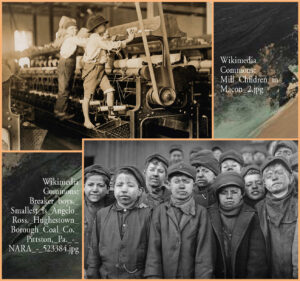
CONCLUSION
Determining and selecting the knowledge to be imparted to students and transferring it to them through curriculum and textbooks is political from beginning to end in terms of the education system. This was the case in the past, it is the case today and will be the case in the future. Hence, regardless of what changes are made, it is not possible to evaluate the changes made in the curriculum separately or independently from the political nature of education.
One of the implicit functions of education is to meet and reproduce capitalism’s need for labor force. In this respect, while education trains students for various stages of production in line with their abilities, this training process is in many respects seen at a technical level and is closed to questioning. In this process, students acquire knowledge on many subjects but superficially. In the curcurrent education system in Türkiye, there are countless examples to justify this situation. Keeping subjects which are not useful for students in daily life in the curriculum, excessive course variety and load, covering too many subjects in the courses and passing them superficially, reducing the hours of courses such as culture-arts, sports, skills, etc. or devaluing these courses can be given as examples of this situation.
We should not forget that the changes in the education system are closely related to the goals and developmental processes of the economic, social and political system in which we live. Not only the economic level but also complex relations such as inter-class power relations, socialization processes, gender inequalities, ideological positions, etc. are involved here. Therefore, the educational system and schools will either be completely handed over to the dominant ideology or children and young people will have to fight for the kind of education they want to receive and the kind of society they want to live in. At this point, it is crucial that individuals understand their social, economic and political realities in a critical, revolutionary way and take action to transform the system in line with their own class interests.
The fight for the right to education must include standing against the commodification and commercialization of education, ensuring that education is provided as a public service and that everyone can benefit from this service in real terms and under equal conditions. Given that this is not possible under capitalism, the struggle for the right to education and capitalism are two diametrically opposed
approaches. To reconstruct education as a process that liberates human beings, it is first necessary to understand capitalist society and capitalist education, and to correctly analyze its conflictual and contradictory nature that legitimizes class differences. Such an analysis process should be based on the commodification/capitalization of knowledge and education, and should aim at the complete liberation of humanity from the capitalist system that organizes all areas of life according to its own needs.
REFERENCES
APPLE, Michael (2006), Eğitim ve İktidar, çev: Ergin Bulut, Kalkedon yayınları, İstanbul.
BELLINGTON, Ray (2011), Felsefeyi Yaşamak, çev: Abdullah Yılmaz, Ayrıntı yayınları, İstanbul.
BUYRUK, Halil (2015), Öğretmen Emeğinin Dönüşümü, İletişim yayınları, İstanbul.
EĞİTİM SEN, Eğitim Müfredatı Değişiklikleri Değerlendirme Raporu, Haziran 2024, Ankara.
EWING, Thomas E. (2010), “Eğitimin Temellerini Sarsmak”, Pedagoji ve Devrim içinde, çev: Kadir Dede, Dipnot yayınları, Ankara.
FREIRE, Paulo (1995), Ezilenlerin Pedagojisi, çev: Dilek Hattatoğlu ve Erol Özbek, Ayrıntı yayınları, İstanbul.
HERN, Matt (2008), Alternatif Eğitim, çev: Eylem Çağdaş Babaoğlu, Kalkedon yayınları, İstanbul.
İNAL, Kemal (2008), Eğitim ve İdeoloji, Kalkedon Yayınları, İstanbul,
MARX, Karl (2013), Kapital 1. Cilt, çev: Mehmet Selik ve Nail Satlıgan, Yordam Kitap, İstanbul.
SPRING, Joel (1997), Özgür Eğitim, çev:
- Pedagogy is derived from the ancient Greek word ‘Paidagogia’, which means to direct or guide children. In Ancient Greece, pedagogues were slaves who supervised the education of the sons (girls were forbidden to be educated at that time) of their masters, in other words, free citizens. In that period, the people who took children to school, carried their bags and took care of them as slaves in charge of the upbringing of children were called pedagogues (paidagogos). The word means ‘child education’ in Latin.
- It is possible to define education as use value (educere) as the search for scientific knowledge and knowledge of the truth, and education as exchange value (educare) as the commodified knowledge and education necessary for the profitability of capital.
- Hegemony means the process of presenting the values, norms and beliefs of the ruling class as generally accepted truths. By transferring these values, beliefs and norms to students, the capitalist education system serves to establish hegemony over the lower classes.
- According to Freire (1995), education and consciousness are two fundamental concepts that are closely intertwined. These concepts mean that education is not just a simple process of transferring knowledge, but also a process by which individuals critically understand and transform their economic, social and political realities.

